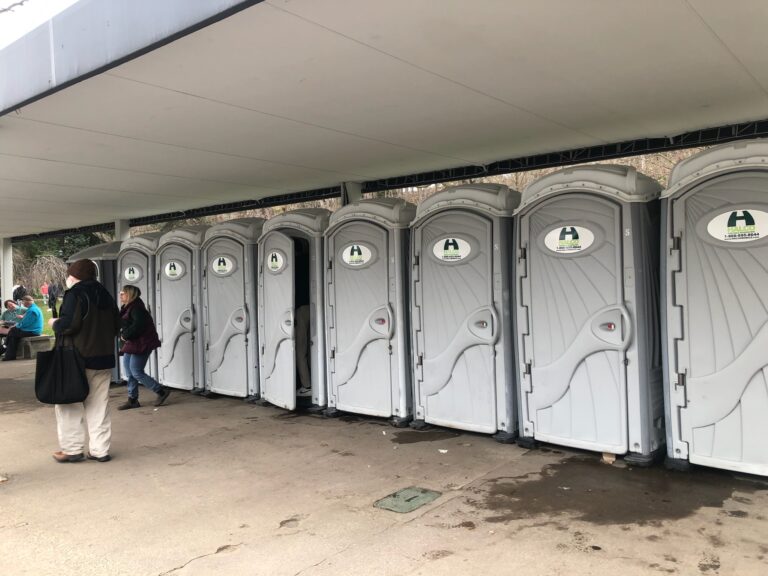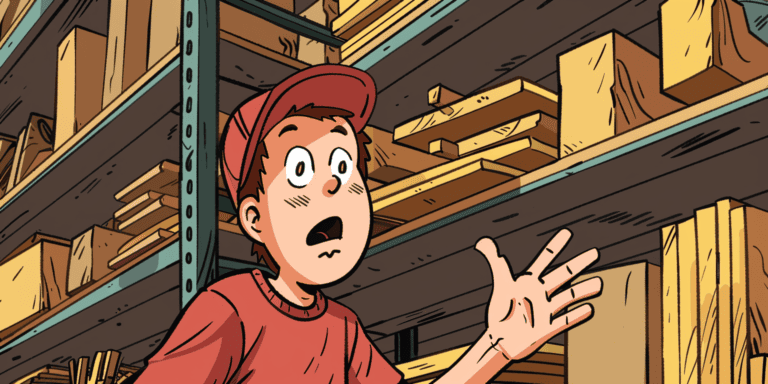Niki Walker
Jamie Knight
Special to The Lake Report
This year, today, Sept. 30, marks the first official National Day for Truth and Reconciliation in Canada, a day that is intended to honour the victims and survivors of the residential school system.
Indigenous and non-Indigenous people will, understandably, view and experience this day differently, as we approach it from different perspectives and lived experiences.
As non-Indigenous Canadians, we wrote this column to share background information and advice with others on how we plan to honour this important day. We encourage you to seek out Indigenous perspectives as well; there are many Indigenous voices readily available that address the topic, via websites, news columns, interviews, social media and podcasts.
On this day, non-Indigenous Canadians are encouraged to learn about and reflect on the horrific realities of the residential school system, its human toll and its racist underpinnings — the Truth that was long hushed by government and religious leaders. This is a necessary first step toward meaningful Reconciliation, the commitment to build a relationship of mutual respect, compassion and improved understanding between Canada and Indigenous people.
Although 2021 is the first year that Sept. has been proclaimed an official federal holiday, this date has been recognized as a day for honouring residential school survivors since 2013. Known as Orange Shirt Day, it was inspired by the experience of Phyllis Webstad, and marks the day when she arrived at St. Joseph’s Residential School in 1973.
Phyllis was six years old and proudly wearing the new orange shirt her grandma had bought for the occasion. Adults at the school stripped her and took away her shirt, which she never saw again. The experience left Phyllis traumatized and feeling worthless, and when she shared her story years later, her orange shirt became a symbol of the harm done to children at residential schools.
Thousands of survivors shared stories like Phyllis’s as part of the Truth and Reconciliation Commission, which travelled across Canada between 2008 and 2014 to hear first-hand accounts and bear witness to survivors’ trauma.
Grown men and women recounted the neglect and physical, sexual and emotional abuse inflicted on them as children, and described the lasting impacts of broken ties with their families, languages and cultures.
The commission concluded in 2015 with a final report that included 94 Calls to Action, of which only a handful have been implemented to date. One of these, Call to Action 80, led to establishing the National Day for Truth and Reconciliation.
This past June, the discovery of a mass grave of 215 children at the former Kamloops Residential School was a shocking introduction for most non-Indigenous people to the dark and brutal reality of residential schools. Each time another mass grave is uncovered — and there have been many to date, with more to come — survivors, their families and communities experience the trauma all over again. It is crucial that we acknowledge this trauma, that we see the importance of every child lost, that we do not look away.
We cannot change the past, but we can recognize the injustice, acknowledge the harm and help create a path to a better future. We must own this history, and we must understand and address the harm it continues to do, if we have any hope of moving through Truth toward Reconciliation.
The path to Reconciliation will be a long one. Sen. Murray Sinclair, while serving as the chair of the Truth and Reconciliation Commission, observed, “Residential schools were with us for 130 years, until 1996. Seven generations of children went to residential schools. It’s going to take generations to fix things.”
So where can non-Indigenous people begin? The path starts with Truth. We must commit to educating ourselves. Read survivors’ stories, read the commission’s Calls to Action and learn about Indigenous peoples, history, resilience and current issues through Indigenous perspectives and Indigenous voices — there are so many excellent books, websites, podcasts and other media available.
The Niagara-on-the-Lake Public Library has a Truth and Reconciliation collection, if you are looking for somewhere to start. Purchase an orange shirt through an Indigenous organization and wear it on Sept. 30 to show that every child matters. And beyond today, take action — hold our government accountable on the Calls to Action and other issues, including Missing and Murdered Indigenous Women and Girls, housing and water crises on reservations, and treaty rights.
For links to Indigenous education resources and more information on Truth and Reconciliation, visit the inclusivity committee’s Join the Conversation page: www.jointheconversationnotl.org/inclusivity.
Niki Walker and Jamie Knight are co-chairs of the Town of Niagara-on-the-Lake's inclusivity committee.








